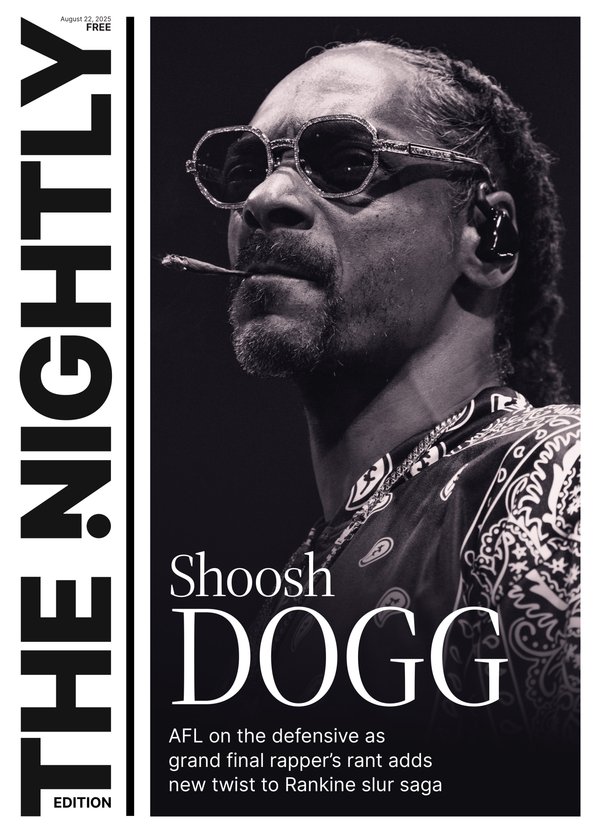Australian swearing: Study finds United States, United Kingdom swear more online than Aussies do

Australians are surprisingly swearing less online than other countries but researchers suspect the nation is saving it for face-to-face interactions.
The University of Queensland study examined more than 1.7 billion words of online content across 20 English-speaking countries, specifically looking for 597 vulgar words.
Using computational methods with linguistics, researchers narrowed down which country was swearing the most online.
Sign up to The Nightly's newsletters.
Get the first look at the digital newspaper, curated daily stories and breaking headlines delivered to your inbox.
By continuing you agree to our Terms and Privacy Policy.Even though Australia holds a reputation for swearing regularly, the US came out on top followed by the UK.
“Some may find it disappointing,” said Martin Schweinberger, lead researcher from the university’s School of Languages and Cultures.
“Australians really see vulgarity, swearing and slang as part of our culture - we’re very invested in it.”
Swear words are normalised in Australia’s everyday language with even tourism campaigns featuring them, including the famed slogan “so where the bloody hell are you” asked by model Lara Bingle.
The ad was banned in Canada, from TV and billboards in the UK and censored in Singapore.
Australia also used a road safety campaign with the phrase, “If you drink, then drive, you’re a bloody idiot”, that has been running since the 1980s.
Australia may have failed to win the top gong for online profanities due to being more conservative when writing online and instead preferring to swear face-to-face, Dr Schweinberger suggested.
“Our study suggests Australians might still live up to our popular image of having unusually rich and inventive ‘bad’ language,” he said.
“Especially thanks to our very public and colourful airing of swear words - this is something that’s often remarked upon by overseas visitors to the country.”
Dr Schweinberger said this is the first large-scale analysis of its kind to determine how offensive language was used in English-speaking countries.
The research was published in science journal Lingua.
